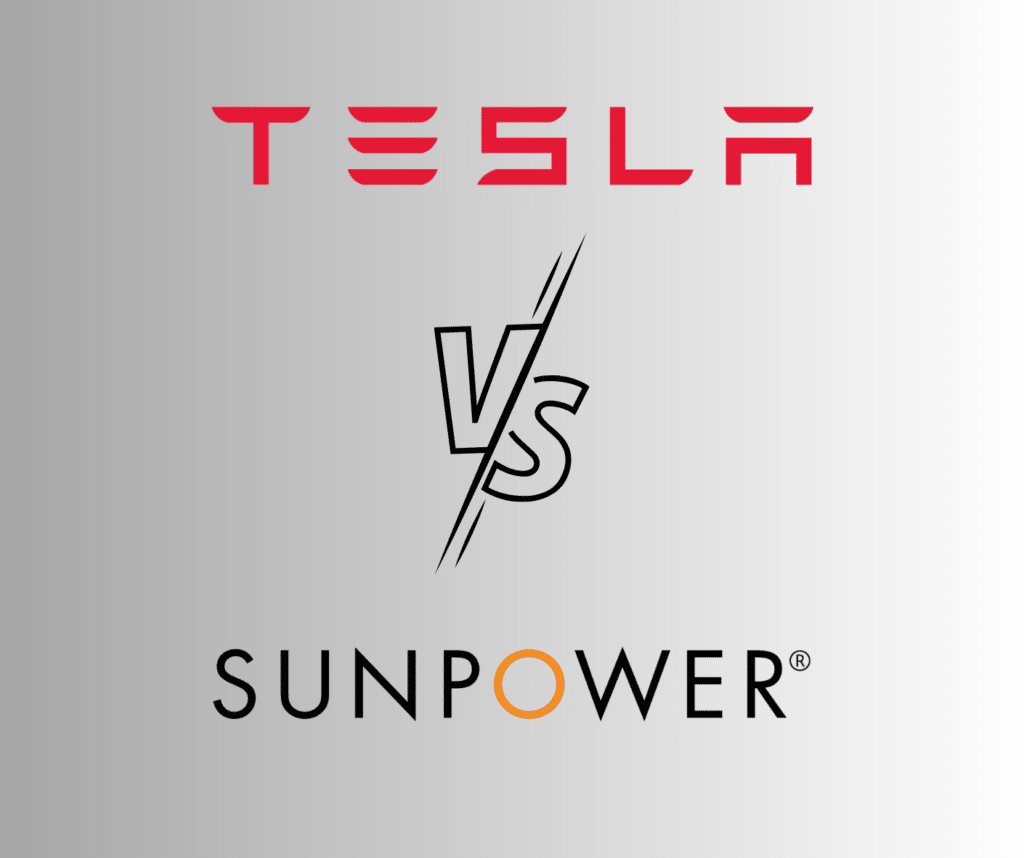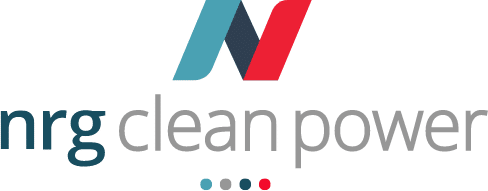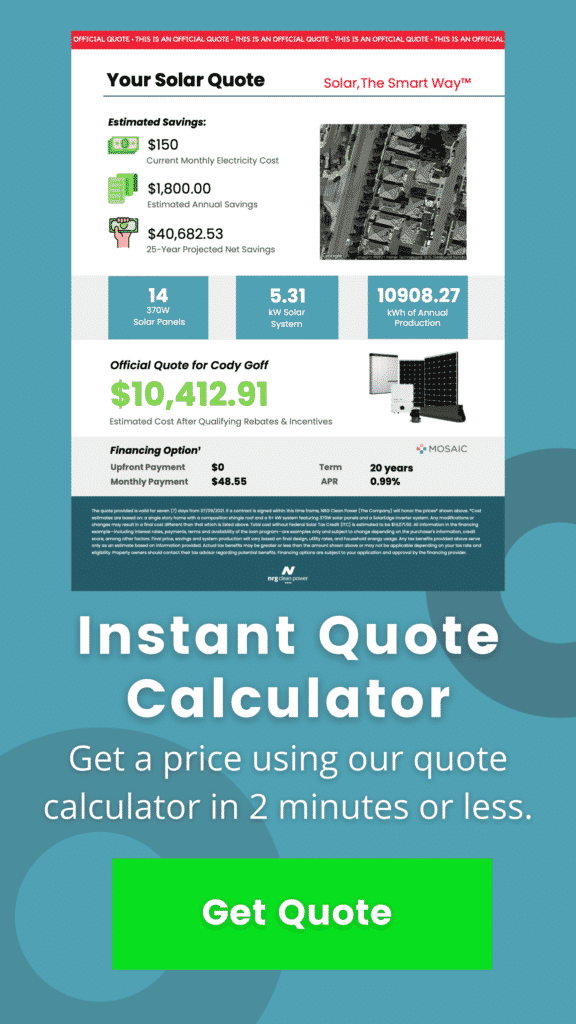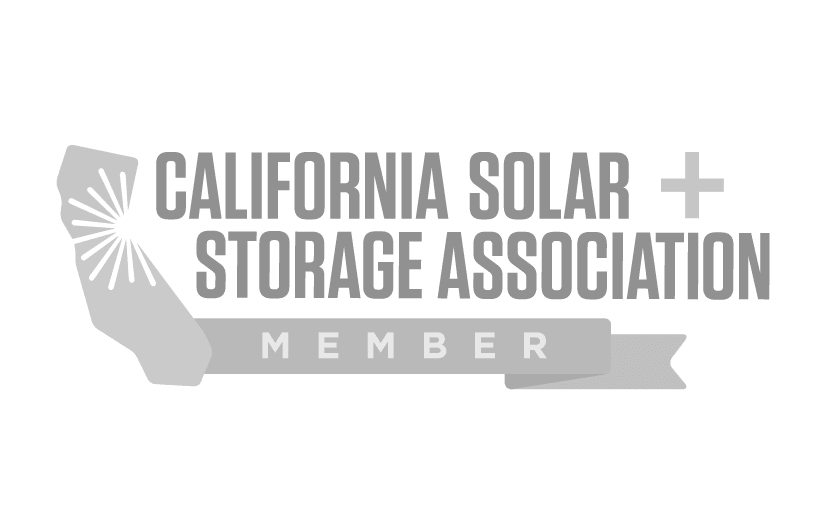
As a homeowner looking to save on utility bills and switching to a sustainable lifestyle, going solar is one of the most important decisions you will ever make. But because it is an expensive investment, you need to weigh your options well before making a purchase.
Amongst American solar manufacturers, Sunpower and Tesla are two consistently popular choices.
Today, let’s dive deep into the details and determine if one of them is better than the other. And if so, which one is better for residential use?
Sunpower vs. Tesla: At A Glance
| Brand | Best For | Efficiency | Output Guarantee After 25 Years | Price | Warranty | Other Solar Products | Availability |
|---|---|---|---|---|---|---|---|
| Sunpower | Long-term and reliable performance | 21.7% to 22.8% | 92% | $$$$ | 25 years on performance + 10 years on monitoring hardware and ESS | SunVault for storage | 50 states |
| Tesla | Affordability and aesthetic appeal | 19.3% to 20.6% | 86% | $$ | 25 years on performance + 10 years on ESS | Powerwall for storage Solar roof | 25 states |
Since it was established in 1985, SunPower has been headquartered in Silicon Valley and has created a diversified portfolio of cutting-edge solar products for 35 years.
Currently, its sister company Maxeon Solar manufactures all its solar components. Maxeon is headquartered in Singapore and has factories in Malaysia, the Philippines, Mexico, and France. Sunpower, through Maxeon, manufactures all its solar components and provides cohesive solar and storage solutions for homeowners.
In contrast, Tesla Energy is a very young player in the solar industry that debuted in 2015. The company manufactured its solar panels from its Gigafactory facility in Buffalo, NY, until 2020, but now, it sources its panels from multiple suppliers.
Even though it’s not a seasoned player like SunPower, Tesla Energy has gained considerable popularity among homeowners for its highly affordable solar panels and exceptional customer service.
Both brands provide one free consultation with solar experts to get household owners started on their solar journey. They also have state-of-the-art solar system management apps for ease of control.
So, which of the two wins the battle when it comes to residential rooftop solar?
Sunpower vs. Tesla Energy: The Better Performer
Both brands regularly make it to top 10 lists of the best solar manufacturers in the USA and share similarities.
We will judge their performance and compare them directly based on the following criteria:
Construction and Output
Sunpower solar panels have three variations: the U, X, and M series, each with varying efficiency ratings, output capacities, and price. All three provide reliable and long-lasting performance.
The brand uses N-type monocrystalline half-cut solar cells in its panels. These cells have a high density of electrons and are some of the most efficient varieties currently available. N-type solar cells are also almost resistant to LID (light-induced degradation) and last for many years while requiring minimal maintenance.
You can get solar panels ranging from 360W to 440W, depending on your household needs.
Tesla manufactures the S- and H-series solar panels in ascending order of performance and productivity. You can expect an output rating of 395W to 430W, similar to the range that Sunpower offers. Tesla uses N-type heterojunction (HJT) cells, too, making no compromises on efficiency.
Sunpower and Tesla solar panels are AC-coupled, allowing for quick and easy installation. But if you want stable power output for long periods, go for Sunpower—it guarantees 92% output after 25 years compared to the 86% that Tesla promises.
Efficiency
Sunpower solar panels are some of the most efficient ones currently available, with a performance ranging from 21.7% to 22.8%, depending on the model. In comparison, Tesla panels have lower efficiency of 19.3% to 20.6% under ideal conditions.
This means a Sunpower solar panel will produce 2.2% to 2.4% more solar energy than a Tesla model if they have the same wattage and are exposed to the same amount of sunlight.
On average, this difference in efficiency adds up to 3 to 4 months of free electricity in the long run. It is something you cannot overlook, especially if your goal is to offset your utility bills with solar power for years to come.
Storage
To maximize your use of solar power, consider a storage system along your panels. Both of these brands have excellent ancillary products.
SunVault, Sunpower’s proprietary solar energy storage system, offers a continuous power supply of 6.8kW with 13.6kW peak power. It is more than capable of catering to the power backup needs of an average American household. It can also be used indoors or outdoors.
Meanwhile, Tesla’s Powerall has a 13.5kWh usable capacity with a continuous power supply of 5kW. It’s sleek but powerful—a good storage system for homes lacking outdoor installation space. This is a great option if you have children or pets because it does not heat up or have loose wires that can cause accidents.
Both ESSs are stackable and scalable enough to accommodate your evolving energy needs.
Cost
As mentioned earlier, Sunpower solar panels provide power-packed performance without a doubt. But that comes at a cost—you will have to pay $3.48 to $4.10 per watt to install a rooftop solar array. You will likely shell out $20,880 to $24,600 for a standard 6kW solar arrangement.
Tesla’s offerings are certainly cheaper, with an installation cost of $3.03 to $3.35 per watt. Since all of its solar panels have set capacities (4.8kW to 19.2kW), you can easily calculate how much less you will spend for installing residential solar from Tesla compared to Sunpower.
Having said that, please be aware that Tesla only offers two financing options for its solar installations. You can make an upfront cash payment or take a loan. As for Sunpower, you can lease a setup instead of purchasing it. You also do not need to make a lump sum down payment.
When coupled with higher efficiency and output capacity, you can recover your initial investment in Sunpower much faster than Tesla during the system’s lifetime.
Customer Service
Sunpower currently only provides solar panel installation services and works with numerous suppliers, so unfortunately, their customer service is not very reliable. While some might be lucky to experience quick and prompt service, not everyone can expect the same. It’s quite a shame, given that the brand currently only caters to residential customers.
This is not the case at all with Tesla. In fact, the company is known for being exceptionally proactive in terms of customer service.
Warranty
Sunpower provides a 25-year warranty on performance, parts, and workmanship, along with a 10-year warranty on all hardware. This is one of the best offers you will find today, especially since the company sells all its parts to one designated distributor in every state. This means you will pay a fixed cost for any repair if the warranty does not cover something—you don’t need to contact multiple manufacturers.
Tesla also has a 25-year warranty, but only for system performance. However, the brand guarantees price matching, so you don’t have to burn a hole in your wallet.
The Verdict
Which one is better for residential use, then? Well, it depends on your budget, goals for going solar, and household energy requirements. While Tesla is great for homeowners looking to partially offload their electricity consumption at affordable rates, Sunpower is an excellent choice for the long run.
Tesla’s unique sunroof tiles will get the job done without compromising on the aesthetics of your home. Although sleek, Sunpower does not match the former’s visual appeal.
So, consider all these factors and choose the company that serves your needs better—both are robust and reliable.

Authored by Ryan Douglas
NRG Clean Power's resident writer and solar enthusiast, Ryan Douglas covers all things related to the clean energy industry.
Source:
https://www.forbes.com/home-improvement/solar/american-solar-panel-manufacturers/
–
https://us.sunpower.com/homeowners/equinox-home-solar-systems
–
https://www.tesla.com/solarroof
–
–
https://www.solarreviews.com/blog/sunpower-to-stop-manufacturing-solar-panels
–
https://www.marketwatch.com/guides/home-improvement/sunpower-reviews/
–
https://www.consumeraffairs.com/solar-energy/tesla-energy.html
–
https://news.energysage.com/tesla-solar-panels/
–
https://www.greentechrenewables.com/article/solar-cell-efficiency-n-type-v-p-type
–
https://www.forbes.com/home-improvement/solar/cost-of-solar-panels/
–
https://us.sunpower.com/sites/default/files/resi-1065-sunvaultstorage-brochure-new_0.pdf


